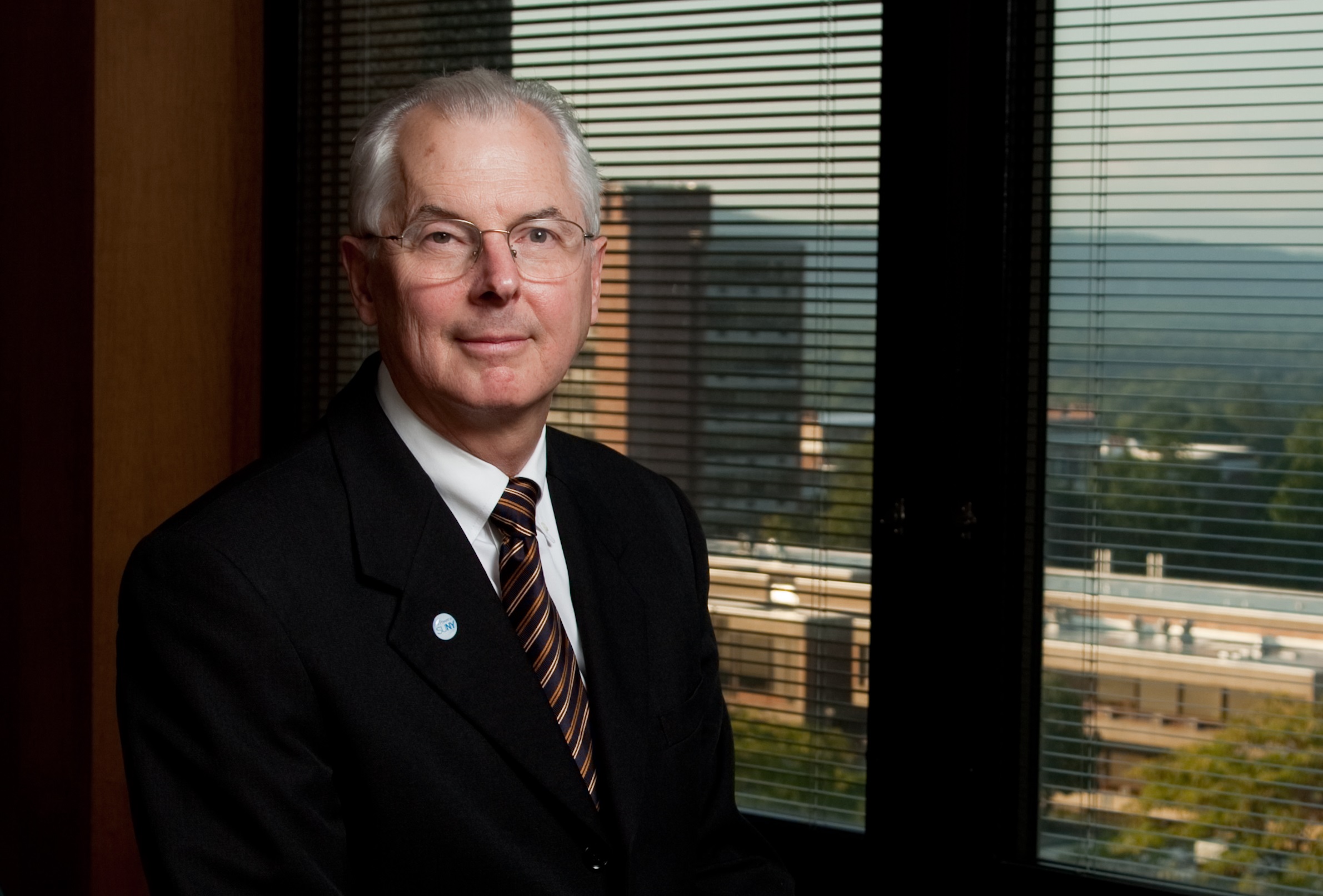Addendum: President’s Report to Academic and Professional Faculty
April 4, 2016 ADDENDUM to the President’s Report for the Academic and Professional Faculty Meeting of April 1, 2016
I wish to share in writing a few significant news items, in particular about the state budget,that I spoke about at the Friday, April 1 meeting of the Academic and Professional Faculty.
State Enacted Budget. The results of the final enacted state budget passed on April 1 are very disappointing, even though we do not have full detail. I will learn more this afternoon from SUNY leadership along with the other presidents, and will share more detail when it is available.
First, the SUNY 2020 initiative that included the rational tuition increase was not included in the budget. We will have no increase in tuition next year. The budget also did not include maintenance of effort that would have helped cover inflationary and contractual increases in next year’s budget.
You may read in the news that SUNY received $38 million in increased State support to make up for the loss of the tuition plan. In reality, this $38 million consists of a continuation of the competitively awarded $18 million investment and performance fund, which is one-time money. And it includes $18 million that the State provides annually for growth in fringe benefits for state-operated campus employees, but our share of those dollars are not part of our campus operating budget. As I wrote in my report, SUNY administration assessed that an infusion of $73 million of state support would be needed to offset a one-year tuition freeze. We clearly did not receive what we needed to maintain current operations and expenses.
The budget includes $260 million in capital funding for all of SUNY. We don’t know how capital will be allocated, but split across 30 state-operated campuses, these funds will at best help cover some basic maintenance and necessary repair projects. We cannot use these funds for operations.
I have said that our biggest concern should be receiving neither tuition increases nor increased taxpayer support, and that is fundamentally where we are. We will be joining SUNY leadership in advocacy efforts this spring to restore some increased funding for SUNY in the final budget.
Free Speech. I hope that my two messages to the campus community last week make clear my views and values. I am sure that you have read that the debate about media and politics scheduled by Student Activities and Union Services was canceled last week. I understand and recognize the reasons why Student Activities cancelled, as I have written. It was apparent that the event was unlikely to be received by our campus community in the way it was intended.
As I wrote to the campus community on March 31, we are trying to reschedule this event, with further attention to framing the potentially provocative conversations that it might bring about, so that we maximize the educational value for our students and others in the community. We will be calling on faculty to help prepare students and our community – as we have done in the past when we’ve had controversial speakers or events on the campus. We’re already having discussions about what we learned last week to apply to the future. We will not have to pay for this event twice, as some have asked; we may need to cover the speakers’ travel costs to compensate for their cancelled travel last week.
I hope that the robust discussion last week in and of itself has helped reframe the original purpose of the event – a debate about media and politics. I know that some members of our community will applaud the decision to reschedule, just as there will be some who continue to disagree with the decision to bring this event to our campus. It’s part of our purpose to engage in the free exchange of ideas, even with people whose views we may disagree with. If we don’t prepare our students to engage with differing views while they are in college, then we have not prepared them for the world they are about to enter.
I want to emphasize a quote from my message yesterday: By attempting to reschedule this event, we have an opportunity to demonstrate that SUNY New Paltz remains fully committed to free speech. Let’s put our best foot forward as a college community. Let’s also recognize that this controversy likely is not over, and it will continue to draw media attention to our campus. Let’s model civil discourse and debate, the best of the university ideal.
I will end this topic with some reflections on speech. Sometimes a person will say or write something that hurts or offends or causes an unanticipated reaction from another person. It’s common in that situation for a speaker to respond to the reaction by saying “that was not my intent.” And it may not have been. But the impact is still there, even if the intention was not. In civil discourse, we have to accept some responsibility for the impact of our speech on others. I will add very quickly that I am in no way saying that the email conversation about this debate last week should not have happened – the conversation was positive and valuable. But I encourage you to go back over those emails and read them not with the view of what the writer was trying to convey but from the perspective of the possible impact on members of our community who were trying to do a good thing for our students. Words matter.
Sincerely,
Donald P. Christian
President

